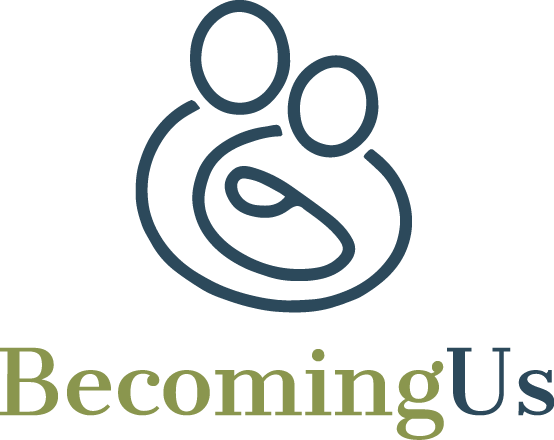A long period of emotional adjustment to parenthood is completely normal for new mothers and fathers and yet most parents don’t expect it. Parenthood brings many, many gains, but there are also some losses too. Some losses are small and personal, like your favourite jeans don’t fit any more or you can’t play golf as often. But other losses are huge and universal - like the loss of freedom, of spontaneity, of social connections and of having control over your own life and the choices you make to live it happily. With the current virus crisis, most of us are feeling this way for now.
But new parents were experiencing rapid life changes, social isolation and other losses long before the current crisis and will continue to long after the pandemic is over and (for most of us) life returns to normal. Unless we start to do things differently for them.
The simple truth is that we need to start preparing parents for parenthood.
Because what therapists and counsellors are seeing in parents with babies and young children is very similar to the Kubler-Ross stages of grief. Bear with me and see if you agree…
Most parents go into parenthood so unaware (and therefore unprepared) for the major life changes to come that they often have unrealistic and unhelpful expectations. The gritty realities of parenthood can come as a huge shock — and shock is what tends to set the following stages (in bold) in motion.
For example, at the very least most parents are shocked at the effects of sleep deprivation and how constant, relentless and physically and emotionally draining it is to care for a new baby. Many parents try to “stay on top of things” to prove to themselves, their partner and everybody else that they’re coping (denial). This can lead to more depletion with the emotional result of constant irritation and frustration with self, partner and others (anger). Parents can try to come up with “shoulds” and schemes to be better organised (bargaining), but these don’t tend to last because they’re an impossible ask of someone who’s constantly sleep deprived and stressed. And new babies who resist being organised can feed parents feelings of failure. At this point parents can “give up” or feel “beaten” and start to experience depression.
For many parents, there’s also likely to have been some anxiety creeping in that can fuel the denial, anger and bargaining stages.
Anxiety is a natural response to the unknown - and we don’t prepare parents for the MANY unknowns of new parenthood.
Once the anxiety is worn out (it’s tiring too), feelings of helplessness and depression can take over.
As with the traditional stages of grief, these ones are messy. Parenthood is like a perfect storm and parents might skip stages or be buffeted backwards and forwards through them. And when two people are going through the process in different ways at the same time, well, it can become even more of a tangled mess.
At this point - and here’s the good news - is that with help and support, mothers and fathers can recover. They can come to acceptance: that it takes more than two pairs of hands to have a happy and healthy family. That they can’t do it all alone, nor should they try. That it really does take a village. And where there’s less practical support available, there needs to be more on the emotional side of things to make up for it. Couples can come to accept that all new parents struggle and that there’s no shame in that. That struggling doesn’t mean new parents are a failure - what it probably means is that our current culture of birth and parenthood failed THEM and that what they needed was more preparation and support for parenthood before they were forced to know they needed it.
If new parents don’t get help and support then the anxiety and depression are more likely to linger longer and become a state of being, rather than a passing response to not getting your wellbeing needs met.
More good news (YAY!) is that there’s help and hope for parents at any stage - even when a natural and normal process (like the stages of grief) of having to adjust to normal small and big losses in life has become something more.
Discovering what you need to be happy and fulfilled is a life skill. So is adjusting your expectations to the circumstances you find yourself in. Learning what you and your partner need to cope with adversity is the beginning of building a strong foundation for your family. Reaching out for help and support can be the beginning of a little village. Villages can be built locally and remotely. And it’s through embracing ourselves and each other, rather than trying to cope alone, that we can find some of the greatest joys of parenthood.
For help and support see the PANDA , Postpartum Support International and COPE websites.

